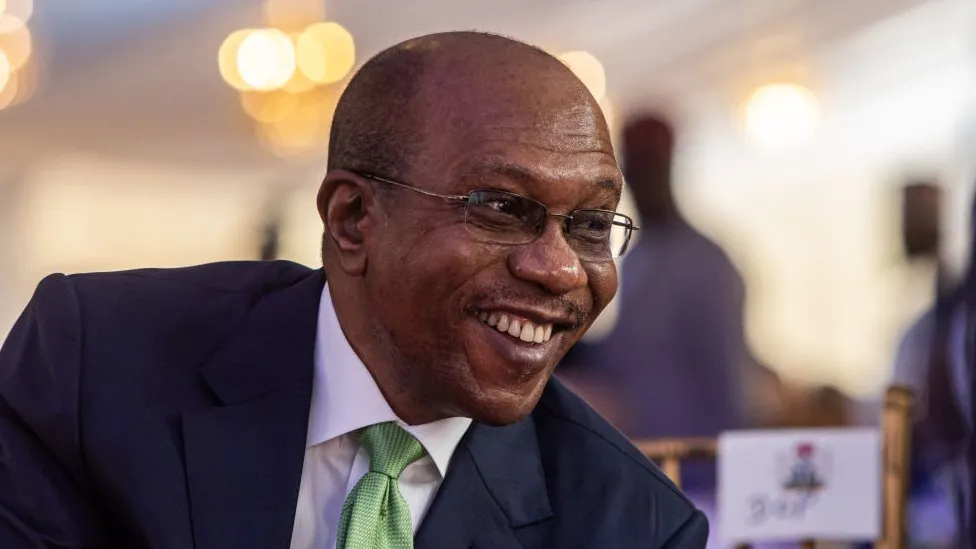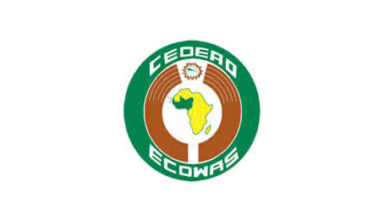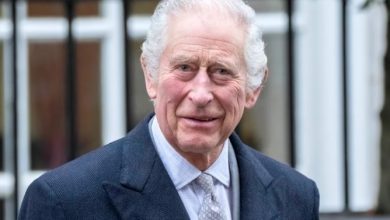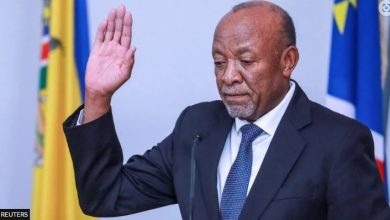Brexit: May faces pressure over Irish border
Ministers say no part of the UK will be treated differently in the Brexit talks as Labour branded their approach an “embarrassment”. No agreement has been reached with the EU after a DUP backlash against proposals for the Irish border.
Brexit Secretary David Davis told MPs the government was close to concluding the first phase of talks. Negotiations will continue for the rest of the week with the UK hoping for the green light to begin trade talks.
Responding to Labour’s urgent question, Mr Davis defended the controversial proposal for “regulatory alignment” between Northern Ireland and the Republic of Ireland – intended to avoid the need for border checks after Brexit – saying this would apply to the whole of the UK.
This would not be the same as “harmonisation” with the EU’s rules, he said. But backbencher Jacob Rees-Mogg warned that “regulatory divergence” from the EU after Brexit was a “red line”.
Labour’s Brexit spokesman Sir Keir Starmer said that when the DUP objected to the draft agreement, “fantasy met brutal reality”.
“The DUP tail is wagging the Tory dog,” he said, in a reference to the deal struck between the parties to help the Conservatives survive key votes. Mr Starmer also called for the government to drop its plan to enshrine the 29 March Brexit date in UK law.
The UK is due to leave the EU on that date having voted for Brexit in last year’s referendum.
Prime Minister Theresa May wants to begin drawing up a deal on post-Brexit trade relations between the UK and the EU but first needs to show “sufficient progress” has been made so far on “divorce” issues before European leaders meet on 14 December.
The three issues that need to be resolved are the Northern Ireland border, citizens’ rights and the amount of money the UK will pay as it leaves.
What happened in Brussels
Talks between Prime Minister Theresa May and European Commission president Jean-Claude Juncker broke up without agreement on Monday, after the Democratic Unionist Party (DUP) objected to a draft agreement on the future of the Irish border.
Key to the row is how closely aligned Northern Ireland’s regulations will be with those of the Republic of Ireland, and the rest of the EU, in order to avoid a “hard” border.
The prime minister needs the support of the DUP, which is Northern Ireland’s largest party and has 10 MPs at Westminster, because she does not have a majority to win votes in the House of Commons.
DUP leader Arlene Foster was invited to hold talks with Mrs May in London on Tuesday, but the party’s Westminster leader will meet the government’s chief whip instead.
The reaction
The EU is treating the row as a “domestic British political issue”, BBC Brussels correspondent Adam Fleming said. “The show is now in London,” said a European Commission spokesman.
Reacting to leaks of the draft agreement, Scottish First Minister Nicola Sturgeon said that if Northern Ireland was allowed to operate under different rules there was “surely no good practical reason” why other parts of the UK could not do the same – a message echoed by Welsh First Minister Carwyn Jones and London Mayor Sadiq Khan.
Ms Sturgeon appealed to other parties to keep the UK in the EU’s customs union. Scottish Conservative leader Ruth Davidson called for a UK-wide deal, rather than specific arrangements for Northern Ireland.
On the BBC’s Today programme, former Brexit minister David Jones described Monday as a “very difficult day” and said the prime minister now had “a lot of talking to do” with DUP leader Arlene Foster.
He believed the DUP had been spoken to beforehand about what was being proposed, but that the precise wording had not been explained and the Northern Ireland party “clearly thought twice”.
Mr Jones, one of the Eurosceptic MPs on the Conservative benches, said he too was not happy with the key phrase the DUP objected to in the draft agreement, which apparently guaranteed “regulatory alignment” between Northern Ireland and the Republic of Ireland.
Former top Foreign Office official Lord Ricketts said the row was “damaging” for Mrs May, adding that it was “pretty extraordinary that this wasn’t all stitched up with the DUP beforehand”.
The Republic of Ireland’s Prime Minister Leo Varadkar is understood to have insisted on the clause to prevent the return of a “hard border” on the island of Ireland, amid concern it could undermine the 1998 peace treaty – the Good Friday Agreement that brought an end to 30 years of sectarian conflict in Northern Ireland.
But the DUP says it would prevent Northern Ireland from leaving the EU “on the same terms” as the rest of the UK.
Leo Varadkar said he had been “surprised and disappointed” by the failure to get a deal on Monday and claimed the UK had changed its mind at the last minute after the DUP raised objections.
But it said the border was not the only outstanding problem and disagreement remains over the role of the European Court of Justice in overseeing EU citizens’ rights in the UK after Brexit.
The prime minister is expected back in Brussels for further talks before the end of the week.
Source: BBC





